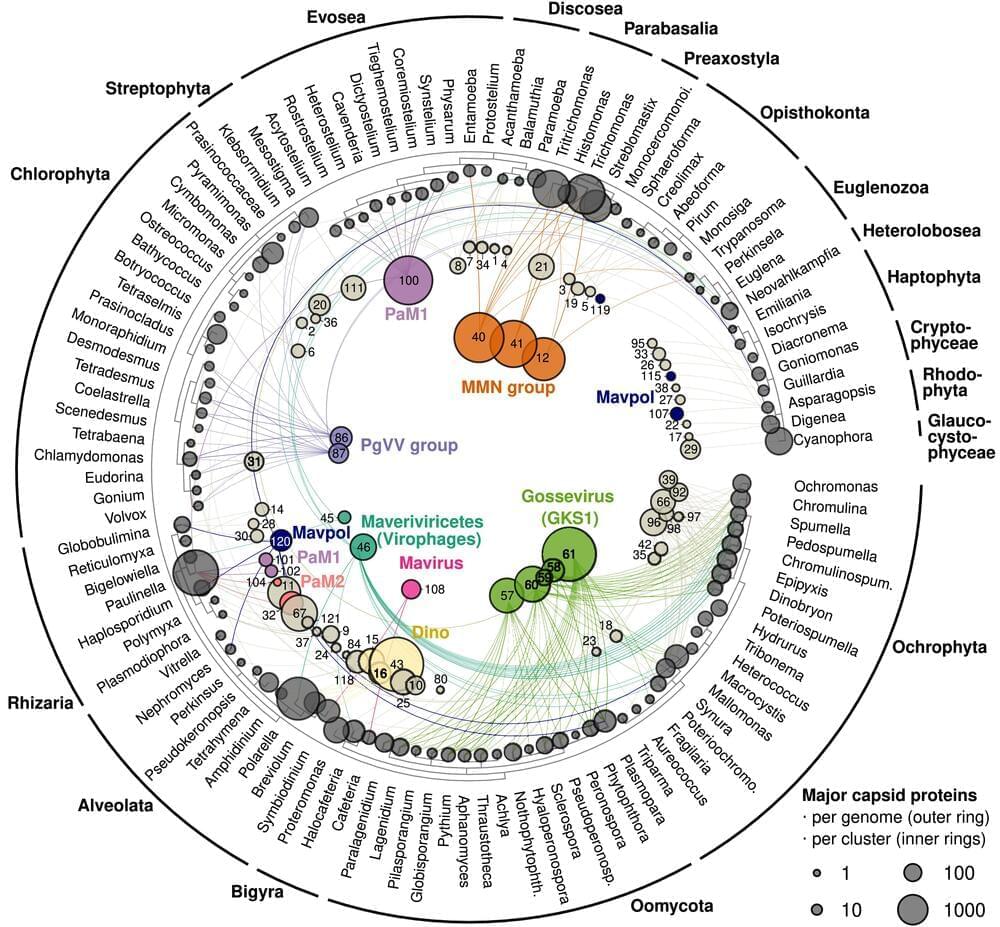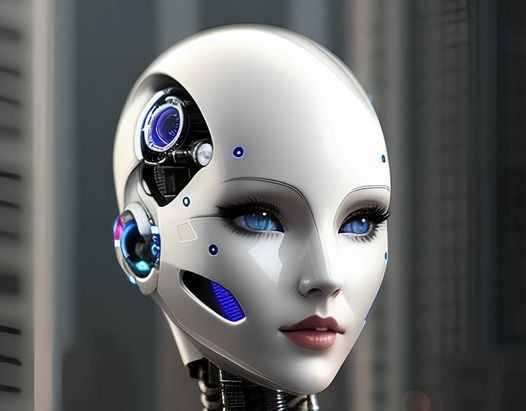An artificial intelligence-generated virtual news presenter that will read internet bulletins has been unveiled by a Kuwaiti media organisation.
On Saturday, “Fedha” appeared as a picture of a woman with her light-colored hair exposed and wearing a black jacket and a white T-shirt on the Twitter account of the Kuwait News website.
“Hello, my name is Fedha, and I work for Kuwait News as the country’s first artificial intelligence-based presenter. What sort of news do you like to read? I’d want to hear your thoughts,” she said in traditional Arabic.
#ai #fedha #wion.
About Channel:
WION The World is One News examines global issues with in-depth analysis. We provide much more than the news of the day. Our aim is to empower people to explore their world. With our Global headquarters in New Delhi, we bring you news on the hour, by the hour. We deliver information that is not biased. We are journalists who are neutral to the core and non-partisan when it comes to world politics. People are tired of biased reportage and we stand for a globalized united world. So for us, the World is truly One.
Please keep discussions on this channel clean and respectful and refrain from using racist or sexist slurs and personal insults.
Check out our website: http://www.wionews.com.








